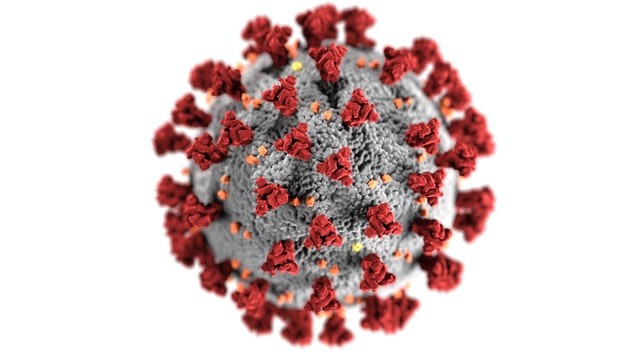A new type of coronavirus was detected amid patients hospitalized with pneumonia in 2017-2018. The virus is believed to have been originated in dogs and may be the eighth distinct coronavirus known to bring about disease in humans if verified to be a pathogen, a study said.

SARS-COV Vs SARS-COV-2
Scientists in the study, released on Thursday in the Clinical Infectious Diseases journal, said their discoveries accentuated the public health threat of animal coronaviruses. The scientists said they had carried out tests on nasal swab samples collected at a hospital in the east Malaysian state of Sarawak from 301 pneumonia patients.
Eight of the samples, mainly from children below the age of 5, came out positive for a canine coronavirus. Additional genomic sequencing discovered that the new strain, called CCoV-HuPn-2018, shared features of other coronaviruses that had infected pigs and cats but mostly had some similarities to one that is known to have infected dogs.
It also had a mutation, or genetic deletion, that was not seen in any known canine coronaviruses but was discovered in human strains like SARS-COV and SARS-COV-2, the virus that brought about the COVID-19 pandemic. The origin of the SARS-COV-2 coronavirus itself, whether animal or other, is still unknown.
The Seven Coronaviruses
The authors of the paper said the discoveries showed the virus possibly spread from animals to humans recently, but emphasized that more studies were required to find out whether it can be transmitted between people. They also said it was uncertain whether the virus could get people sick, noting that it was possible the virus was just "carried" in the airway of patients without leading to any disease.
There are seven coronaviruses known to bring about disease in humans: four that give rise to the common cold, and three that cause the diseases commonly referred to as MERS, SARS, and COVID-19.

Canine Coronavirus Disease
Canine coronavirus disease, referred to as CCoV, is a very infectious intestinal infection in dogs, mostly puppies. Canine coronavirus is normally short-lived but may bring about considerable abdominal pain for a few days in infected dogs. The virus belongs to the Coronaviridae family. And it gets its name from the fact that when seen under an electron microscope from above, the virus possesses a ring of projections that look like a coronet, or a tiny crown made of ornaments fixed on a metal ring.
There are many kinds of coronavirus, each affecting various animal species, both humans.
Majority of canine coronavirus cases are gotten by oral contact with infected fecal matter. A dog may also become infected by feeding from food bowls that are contaminated or by having direct contact with an already infected dog.
Unsanitary conditions and crowding bring about coronavirus transmission. One to four days is the incubation period from ingestion to clinical signs. In most dogs, the duration of illness is two to ten days.
Related Article : Not Animals: Humans Are Probably the Carriers of COVID-19 Virus to Wuhan, Contrary to China's Claims
For more news, updates about coronavirus and similar topics don't forget to follow Nature World News!
© 2026 NatureWorldNews.com All rights reserved. Do not reproduce without permission.





